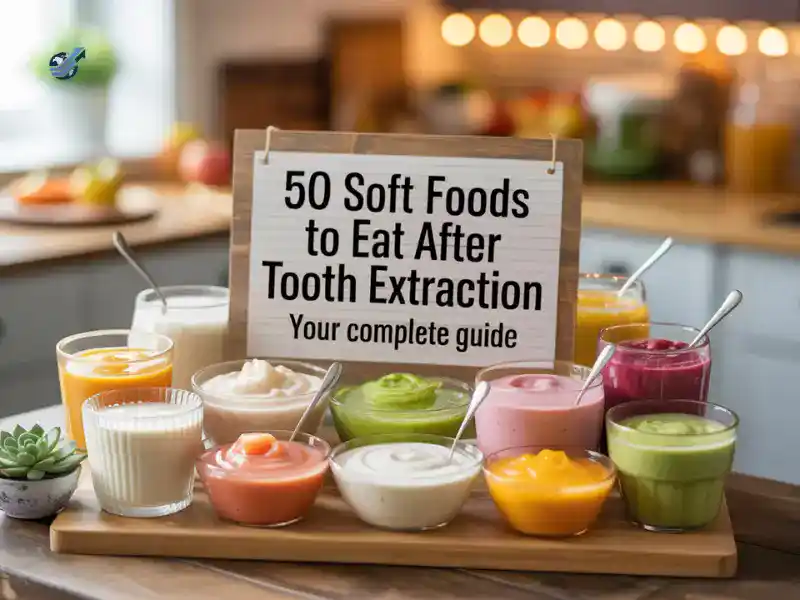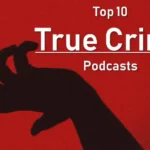Having a tooth removed—whether its a wisdom tooth a molar or another dental procedure—leaves your mouth in a delicate condition. During this time the food you eat matters more than you might think. Choosing the right meals not only helps you heal faster but also prevents complications and keeps your energy levels steady.
What Are Soft Foods and Why Do They Matter
After oral surgery your mouth needs rest. Soft foods are those that Do not require much chewing and feel gentle against sensitive gums. They protect the surgical site lower the risk of dislodging the healing clot and make eating less of a struggle. Think of them as essential—not just convenient—because they let you maintain proper nutrition while your body focuses on recovery.
Benefits of a Soft Food Diet
A soft food diet is more than comfort its protection. It helps prevent painful issues like dry socket lowers the chance of infection and makes sure you stay nourished even when chewing feels impossible. Patients who stick to these foods tend to recover more quickly with fewer setbacks than those who rush into eating harder textures too soon.
The Struggles Most People Face
Many people feel frustrated after dental surgery because food options seem limited. Hunger and boredom set in and theres often concern about not getting enough protein or calories. The biggest mistake however is trying to eat crunchy or chewy foods before the mouth has fully healed. Doing so can reopen the wound and cause complications. Patience is part of the healing process even if it means repeating the same safe foods for a few days.
Choosing the Right Foods
When in doubt aim for foods that are smooth mild in flavor and easy to swallow. Mashed potatoes applesauce scrambled eggs yogurt or oatmeal are all excellent examples. Avoid anything too spicy acidic or chewy. Even healthy foods like raw vegetables or citrus fruits can cause irritation so save those for later. Cold or lukewarm meals are best and while smoothies are safe they should be sipped from a cup instead of a straw to avoid harming the clot.
Examples of Soft Foods
Protein-rich choices like yogurt cottage cheese scrambled eggs soft fish or blended tofu are all safe and nourishing. Fruits work well when mashed or stewed—applesauce bananas and ripe peaches are especially gentle. For grains dishes such as overcooked pasta mashed potatoes rice noodles or oatmeal provide filling comfort without stressing your jaw. Soups are another recovery favorite particularly tomato mushroom or butternut squash which are smooth and easy to swallow. And yes desserts are allowed ice cream (without crunchy toppings) pudding Jell-O mousse and rice pudding can feel like a welcome treat when You are otherwise limited.
Preparing Soft Meals
Cooking soft foods does not need to be complicated. Vegetables can be steamed or boiled until tender then mashed or blended. Adding broth or milk makes them smoother and easier to swallow. Flavoring should stay mild but herbs like basil or dill work nicely. A touch of melted cheese or even a spoonful of smooth nut butter can make these meals more satisfying without risking irritation to the surgical site.
What to Avoid
Certain foods can slow your healing or cause real problems. Crunchy snacks such as chips or popcorn chewy items like steak or crusty bread and anything too spicy or acidic should be avoided. Hot drinks alcohol and straws are also on the no-go list since they can disturb the healing process and increase the risk of dry socket.
A Timeline for Eating
The first 24 hours are best spent on cold or liquid foods like smoothies ice cream or broths. By the second or third day you can begin adding lukewarm options such as scrambled eggs mashed potatoes and applesauce. After about a week depending on how your mouth feels and what your dentist recommends you can start to reintroduce softer solid foods like pancakes or pasta. The key is to take it slowly and listen to your body.
Real Recovery Experiences
Consider John a 32-year-old who had his wisdom teeth removed. He relied on applesauce yogurt and ice cream for the first couple of days then moved on to mashed sweet potatoes and poached fish. His healing was smooth because he stayed consistent with soft foods and avoided straws. Lisa a college student had the opposite experience. She tried eating crackers too soon and developed dry socket which extended her recovery. Her story shows why patience is worth it.
What Experts Say
Dr. Emily Carter a board-certified oral surgeon emphasizes the importance of nutrition during recovery. She recommends protein-rich foods and proper hydration as top priorities. Research published in the Journal of Oral Health and Dentistry supports this finding that patients who follow a soft food diet heal faster and report less pain than those who Quit.
People Also Ask
What are the best soft foods to eat after a tooth extraction
Dentists often recommend soft nutrient-rich foods like mashed potatoes and Greek yogurt. These options are gentle on the extraction site filling and packed with essential nutrients. Check out our list of 50 soft foods ideal for recovery after a tooth extraction.
Can I eat scrambled eggs after dental surgery
Yes scrambled eggs are an excellent choice. They are soft protein-rich and easy to chew making them perfect for supporting recovery after dental surgery.
Is it safe to eat ice cream after a tooth extraction
Yes ice cream is generally safe but stick to plain smooth flavors. Avoid varieties with nuts cookie chunks or other crunchy bits that could irritate the extraction site.
How long should I stick to a soft food diet after a tooth extraction
Most people should eat soft foods for 5 to 7 days after a tooth extraction. For more complex procedures your dentist may advise a longer period of soft food consumption.
Are smoothies safe after oral surgery
Yes smoothies are safe but avoid drinking them through a straw as the suction can interfere with healing. Instead sip them gently from a cup or use a spoon.
Conclusion
Recovering from a tooth extraction does not mean you have to live on bland meals. With the right choices you can enjoy foods that are both tasty and nourishing while giving your mouth the time it needs to heal. Stick to smooth textures avoid hot or crunchy foods and always follow your dentists guidance. This short period of caution brings lasting benefits for your oral health.



